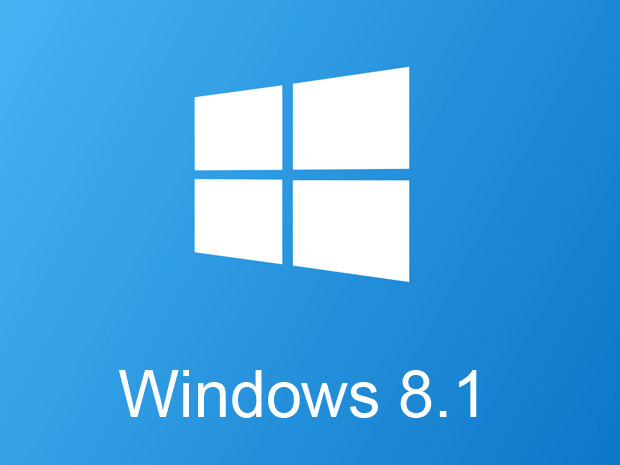
20688: Supporting Windows 8.1
Gain the knowledge and skills you need to support the Windows 8.1 operating system and solve technical troubleshooting problems in a Windows 8.1 and Windows Server® 2012 R2 networking environment. Through this Microsoft® Official Course, with extensive hands-on labs, participants will learn how key components of the Windows Operating system work in order to aid in troubleshooting system problems. They will also learn how to identify and resolve issues with networking, Windows Store apps, security, group policy, Internet Explorer, remote access, and support of mobile devices. This course uses new versions of Desktop Optimization Package (MDOP), Application Compatibility Toolkit (ACT), Windows Performance Toolkit (WPT), Microsoft Message Analyzer, and is the first course that uses the popular Sysinternals tools, and other tools.